Publications
Featured publications
-
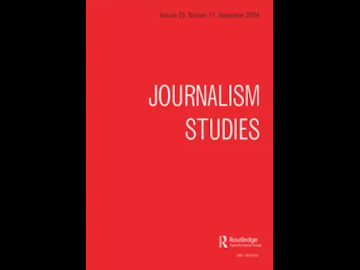
Article / Authoritarian populism and structural limitations on journalism in selected European countries
2024 | Other publishers
A comparative article on the structural limitations of authoritarian populism on journalistic practices in Eastern and Central Europe.
-
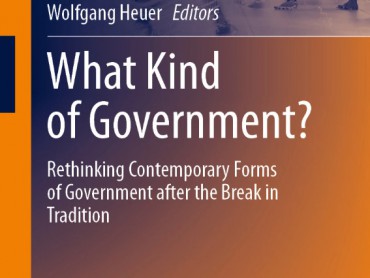
Vlasta Jalušič (ed.)
Book / What Kind of Government? Rethinking Contemporary Forms of Government after the Break in Tradition
2024 | Other publishers
Springer has published the book What kind of government? Rethinking Contemporary Forms of Government after the Break in Tradition, edited by Vlasta Jalušič and Wolfgang Heuer.
-
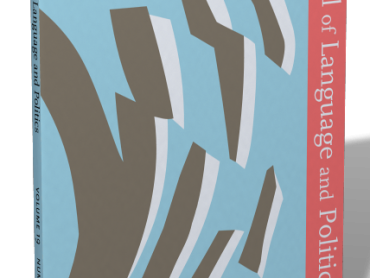
Birgit Sauer, Daniel Thiele, Iztok Šori et al.
Article / Borderless fear? How right-wing populism aligns in affectively framing migration as a security threat in Austria and Slovenia
2024 | Other publishers
The findings point to a worrying convergence of anti-migration discourse across borders and to the potential spread of a right-wing populist bloc unified by fear of migration.
-
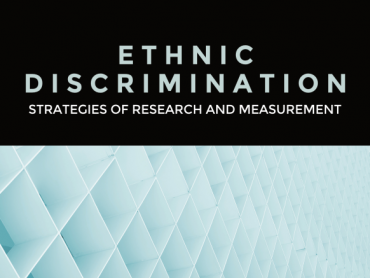
Book / Ethnic Discrimination: Strategies of Research and Measurement
2023 | Other publications
The book presents in detail and critically evaluates different ways of “measuring” ethnic discrimination, breaking new ground in the field of empirical data collection on unequal treatment as well...
-
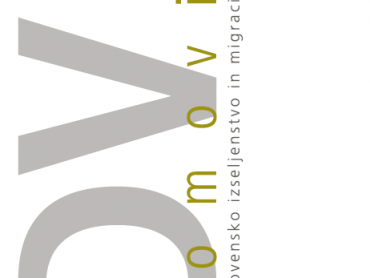
Article / Legislative and Judicial Responses to the “Refugee Crisis” in Slovenia and Austria: A Comparative Perspective
2023 | Other publishers
In the last issue of the journal ‘Dve domovini/Two Homelands’, Neža Kogovšek Šalamon compares the key normative approaches to responses to the 2015–2016 “refugee crisis” in Slovenia and Austria.
-
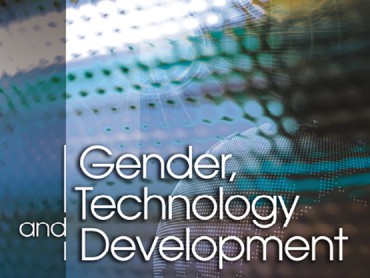
Mojca Pajnik, Rok Smrdelj (FA, UL)
Article Intersectional representation in online media discourse: reflecting anti-discrimination position in reporting on same-sex partnerships
2022 | Other publishers
Taking the example of online media reporting on same-sex partnerships in Slovenia, the authors analyze how power relations are reinforced when one type of media discourse fails to acknowledge...
-
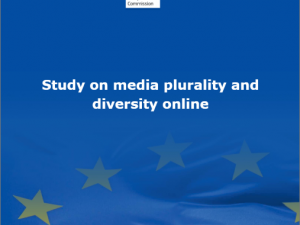
Study on Media Plurality and Diversity Online
Published by European Commission. Brankica Petković from the Peace Institute also participated in the research in collaboration with the European University Institute in Florence.
-
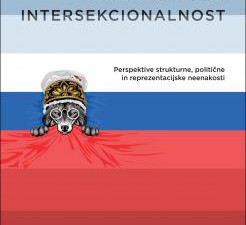
Intersectionality: Perspectives on Structural, Political and Representational Inequality
Mojca Pajnik, Roman Kuhar (FA, UL) (eds.)
The book’s focus is on the concept of intersectionality, and it examines it by analysing policies and public discourses in Slovenia over the last twenty years, i.e. during a...
-
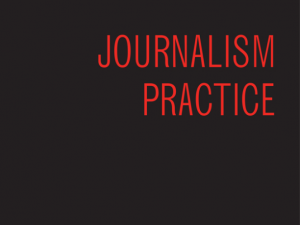
Article The Intertwining of the Covid-19 Pandemic with Democracy Backlash: Making Sense of Journalism in Crisis
This article explores how the combination of the public health crisis and the authoritarian government of Janez Janša’s Slovenian Democratic Party, along with its tendency to politically instrumentalize and...
-
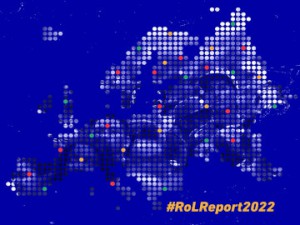
Liberties Rule of Law Report 2022
The report for Slovenia was contributed by the Peace Institute.
-

Article Political and media populism in television political interviews
The authors analyse populism as a style of communication that is reproduced through the media or reproduced by the media (i.e. by the journalists themselves).
-
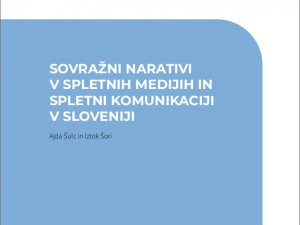
Hateful narratives in online media and online communication in Slovenia
We identified four target groups that are particularly exposed to online hate in Slovenia: refugees, political opponents to the government, journalists and the LGBTQ community.
-

Media and Gender: Structures and Practices of Inequality
Breda Luthar, Mojca Pajnik (eds.)
The book 'Mediji in spol: stukture in prakse neekanosti (original title)' was published by Ljubljana: Faculty of Social Sciences, University of Ljubljana.
-
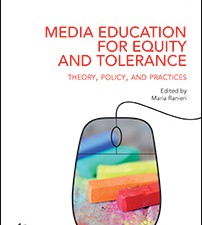
Article Policies on Citizenship, Media and Intercultural Education: A Comparative Perspective of European States
In the book Media Education for Equity and Tolerance: Theory, Policy, and Practices (ed. Maria Ranieri) the authors focus is on the concepts of citizenship, media education and intercultural...
-
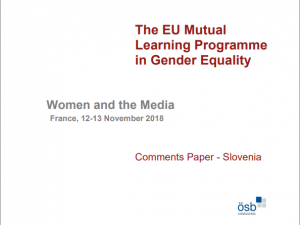
Paper Lack of gender equality perspective in media policy and practices
Paper on the policies and practices of implementing the principle of gender equality in the media in Slovenia.
-

Gender differentiation in the media industry, thematic cluster in Theory and practice
Mojca Pajnik (ed.)
Articles were contributed by Mojca Frelih, Živa Humer, Dejan Jontes, Breda Luthar, Mojca Pajnik, Brankica Petković and Maruša Pušnik.
